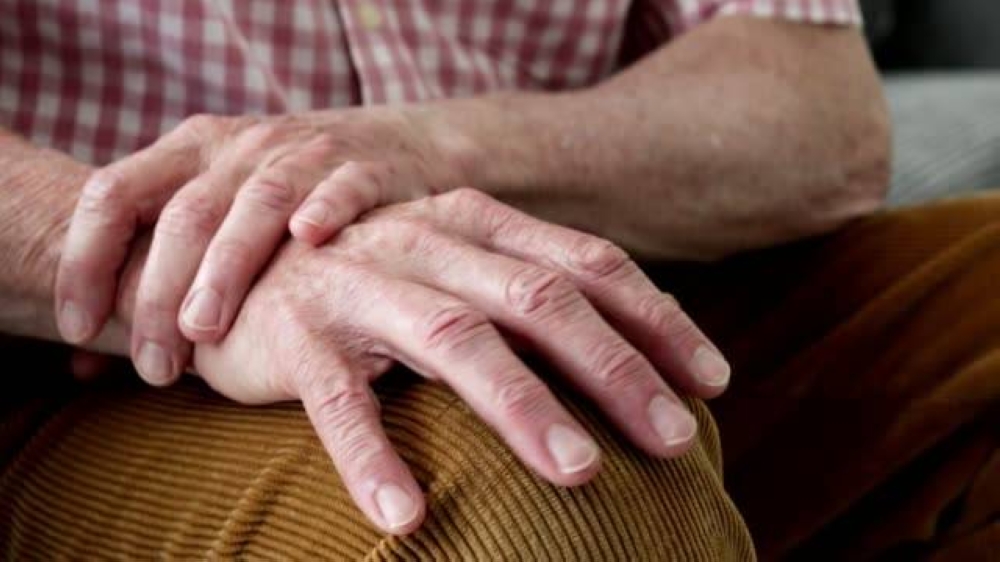Six things you didn't know about Parkinson's Disease

What is Parkinson's Disease?
Based on World Health Organisation (WHO), Parkison Disease (PD) is a degenerative condition of the brain associated with motor symptoms (slow movement, tremor, rigidity, and imbalance).
Also, other complications include cognitive impairment, mental health disorders, sleep disorders, and pain and sensory disturbances.
Symptoms of PD usually begin gradually and worsen over time, as the disease progresses, people may have difficulty walking and talking.
People may also have mental and behavioral changes, sleep problems, depression, memory difficulties, and fatigue.
Symptoms of Parkinson's disease
-Muscle stiffness where muscles remain contracted for a long time
-Tremor in hands, arms, legs, jaw, or head
-Slowness of movement
-Impaired balance and coordination, sometimes leading to fall
Although most people with Parkinson's first develop the disease after age 60, about five to 10 percent experience it before the age of 50.
Here are five things you need to know about Parkinson's disease:
1. Parkinson's Disease is incurable
Although there is no cure for Parkinson’s disease, medicines, surgical treatment, and other therapies can often relieve some symptoms.
2. The disease is unique in every person
People with Parkinson’s disease share certain common symptoms such as tremors, loss of balance, and uncontrollable movements, not everyone will experience the disease the same way in terms of symptoms and disease severity.
3. People with Parkinson's are not always angry or sad
Many people with Parkinson’s experience facial masking. Often, people with PD look serious, depressed, or mad, but many times it’s just that PD is causing muscles in the face to be stiff or take a long time to move.
Facial masking - When the muscles of the face are stiff or take longer to move, it can be hard to smile, raise your eyebrows or otherwise express your feelings using your face, which is an important part of how we communicate.
4. People with Parkinson's can have a good quality of life
There is no one-size-fits-all treatment approach when it comes to PD. While medication is the most common treatment, surgical therapy and lifestyle modifications, like rest and exercise, help manage the disease.
5. Parkinson’s can increase the risk of depression
Depression is the most commonly reported mental health issue in people with Parkinson’s disease, with roughly 40 to 50 percent of people with Parkinson’s developing the mental disorder
6. Having Parkinson’s is not a death sentence
Parkinson’s disease is not fatal, and your life expectancy depends highly on the type of Parkinson's you have. If the type of disease isn't causing issues with brain function, you can potentially live as long as people without the disease.
Download Sinar Daily application.Click Here!















